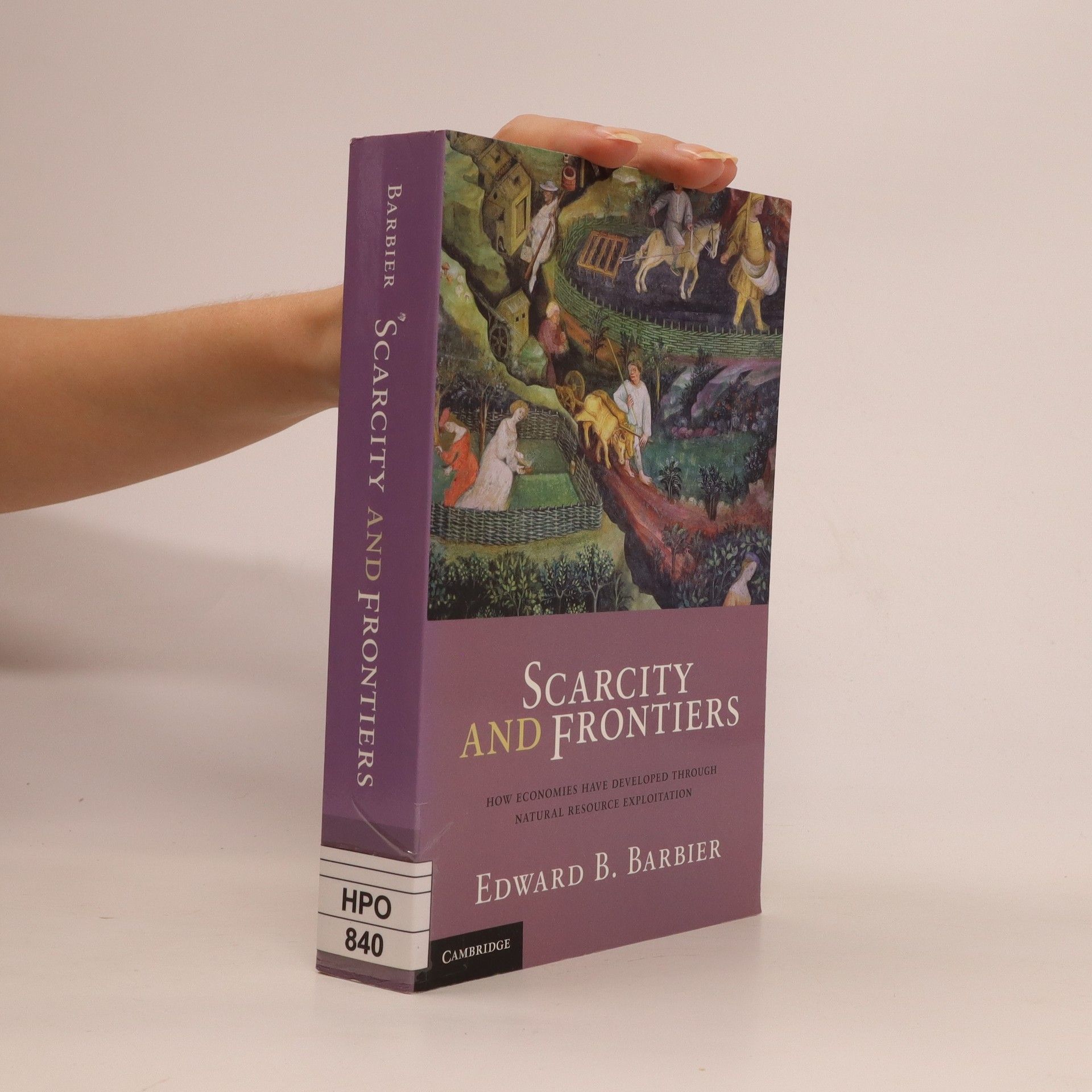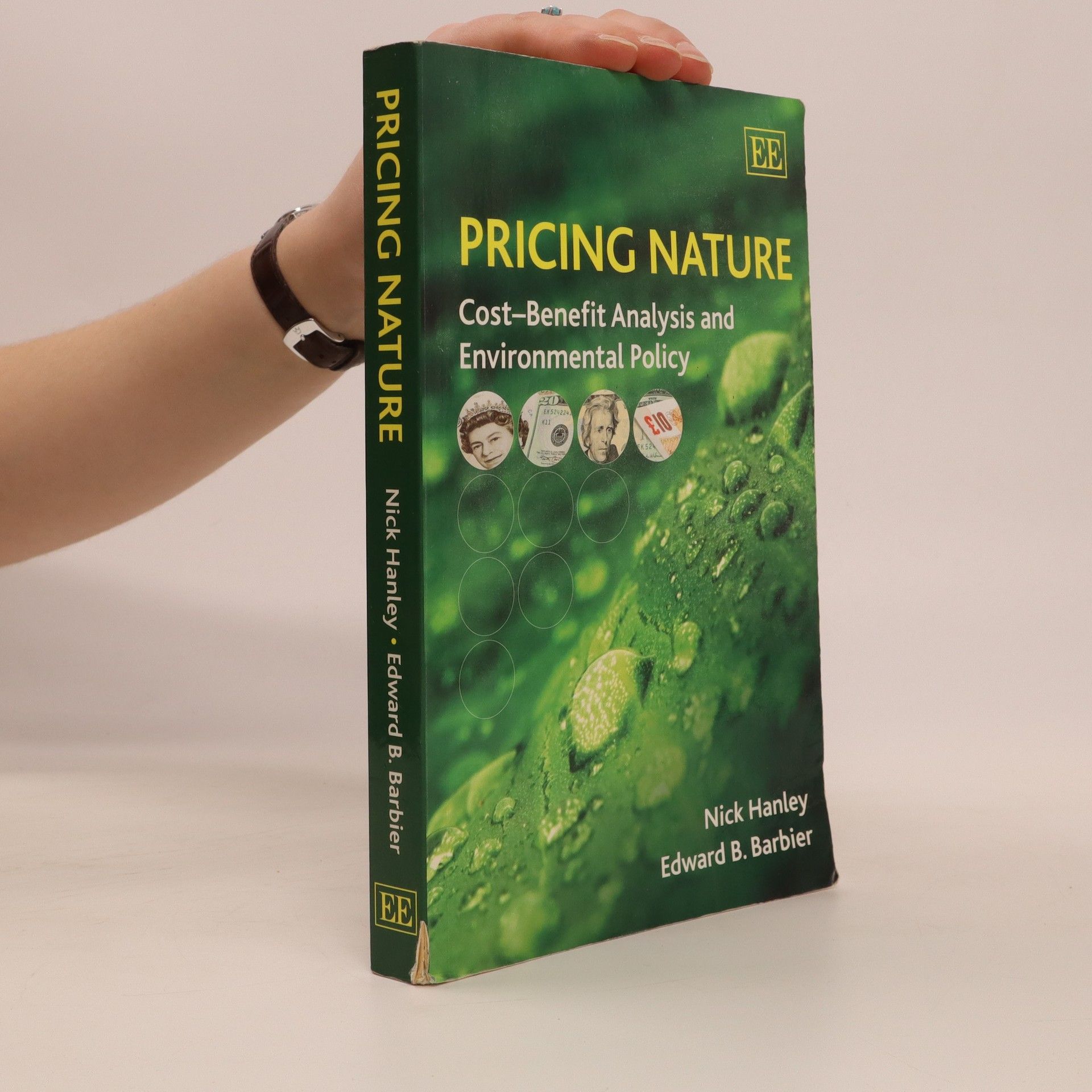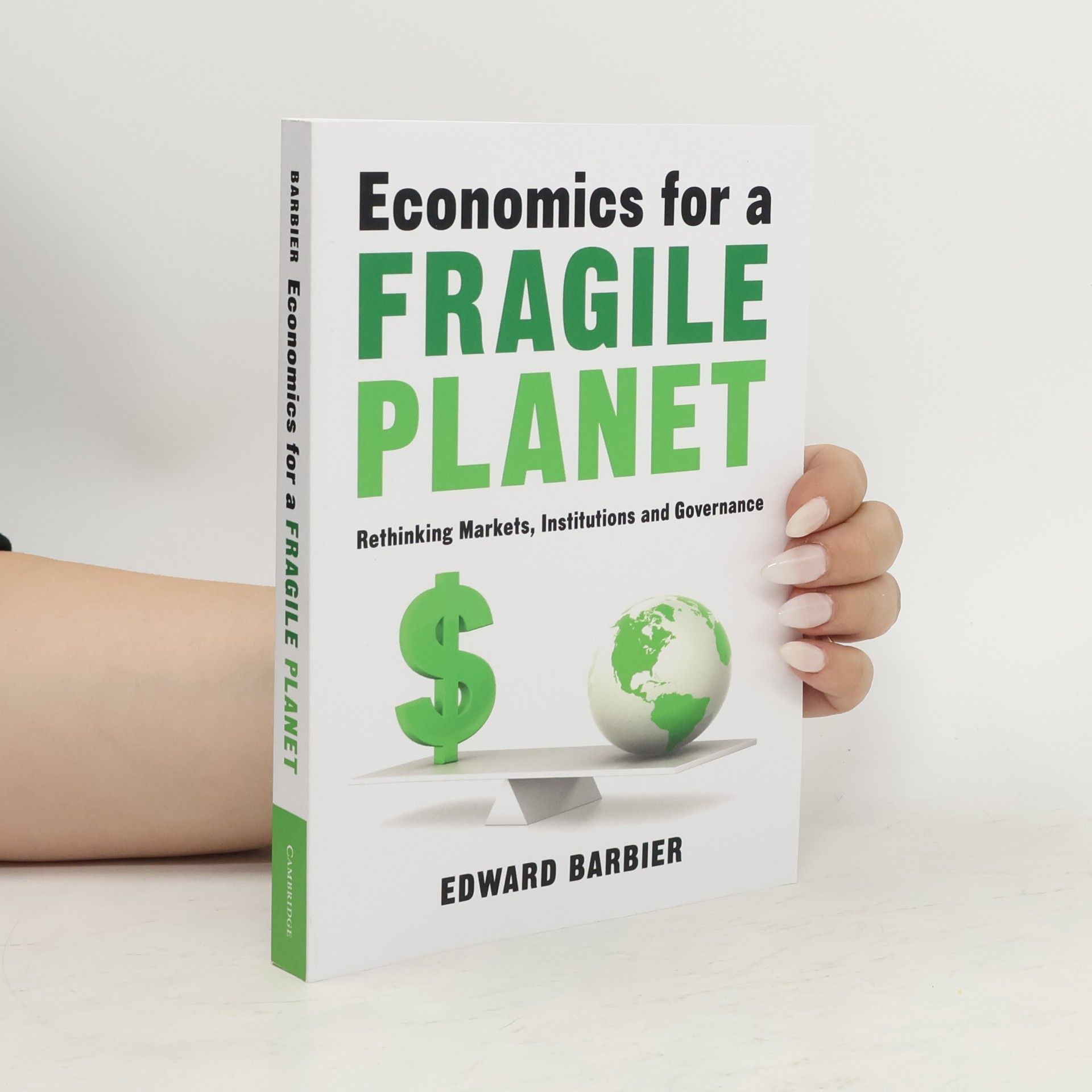Economics for a Fragile Planet
- 354bladzijden
- 13 uur lezen
Addressing the pressing environmental challenges of the Anthropocene, this book presents innovative strategies for managing a fragile planet. It emphasizes the need for rethinking markets, institutions, and governance to foster sustainability. The author provides a comprehensive policy blueprint aimed at creating a safer, more inclusive world, highlighting the importance of proactive measures in the face of ecological risks and scarcities.




